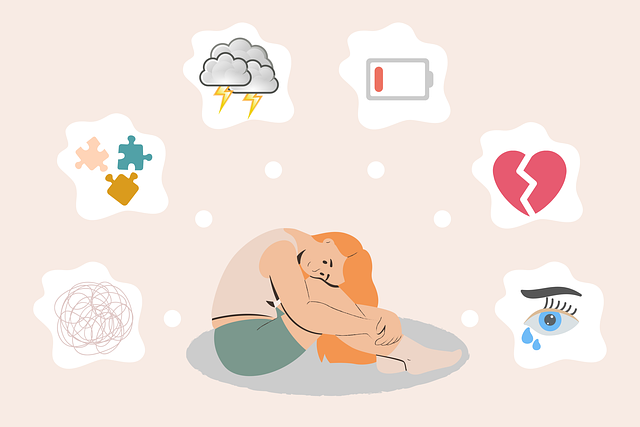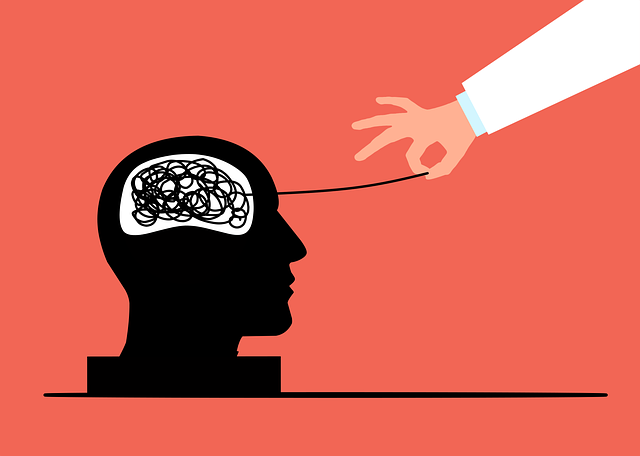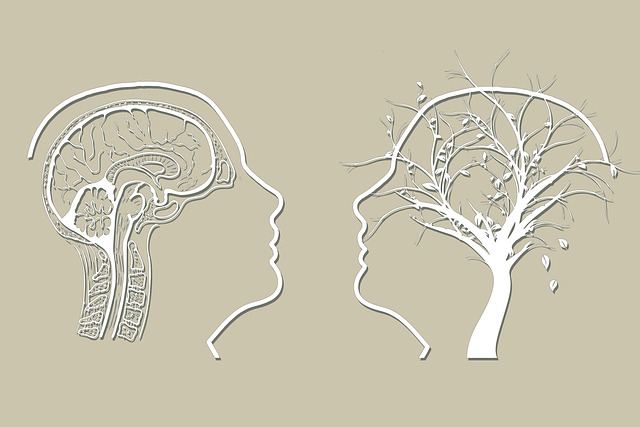Understanding group dynamics is essential for facilitators providing Denver Gambling Therapy, focusing on creating supportive communities where individuals with mental health challenges can connect and recover. Key methods include balancing individual needs with collective goals, employing empathy-building strategies, managing emotions, encouraging open communication, and fostering cultural sensitivity. Effective facilitation creates safe spaces through structured discussions, open-ended questions, role-playing exercises, and regular stress management sessions, enhancing peer support, self-awareness, community building, and personal growth within the Denver Gambling Therapy community.
In the realm of mental wellness, group facilitation plays a pivotal role in fostering recovery and support. This article explores effective techniques for those who facilitate groups, focusing on creating safe spaces in settings like Denver Gambling Therapy. We delve into understanding dynamic group behaviors, mastering communication strategies, and encouraging active peer support. By implementing these practices, facilitators can enhance engagement, promote healing, and revolutionise mental health care through group dynamics.
- Understanding Mental Wellness Group Dynamics
- Effective Communication Strategies for Facilitators
- Techniques to Foster Safe and Supportive Environments
- Encouraging Active Participation and Peer Support
Understanding Mental Wellness Group Dynamics

Understanding Mental Wellness Group Dynamics is a crucial step for any facilitator, especially those specializing in Denver Gambling Therapy. Groups can offer a unique and powerful environment for individuals dealing with mental health challenges to connect, share experiences, and gain support from peers. By facilitating these groups, therapists not only provide direct therapy but also foster a sense of community, which is essential for long-term recovery.
Effective group facilitation involves sophisticated navigation of various dynamics, including the balance between individual needs and collective goals. Empathy Building Strategies play a significant role in creating a safe space where members feel understood and valued. Additionally, facilitators should be adept at managing emotions, encouraging open communication, and promoting emotional regulation among participants. This holistic approach ensures that groups are not just productive but also nurturing, reflecting the principles of Mental Health Policy Analysis and Advocacy.
Effective Communication Strategies for Facilitators

Effective communication is a cornerstone for facilitators leading mental wellness groups, especially in settings like Denver Gambling Therapy. Utilizing open-ended questions encourages participants to share their experiences and insights, fostering a safe and supportive environment. This technique allows facilitators to gain valuable information about each individual’s journey while prompting peer-to-peer connections based on shared challenges.
Cultural sensitivity in mental healthcare practice is integral to successful facilitation. Facilitators should be mindful of unconscious biases and adapt their communication styles accordingly. By recognizing and respecting diverse backgrounds, they can create an inclusive space that enhances the benefits of group therapy. This approach not only supports the development of inner strength but also ensures every participant feels valued and heard.
Techniques to Foster Safe and Supportive Environments

Creating a safe and supportive environment is paramount for effective mental wellness group facilitation, especially when addressing sensitive topics like gambling addiction in Denver. This begins with establishing ground rules that prioritize respect, confidentiality, and active listening. Facilitators should encourage open dialogue where participants feel comfortable sharing their experiences without fear of judgment, fostering a sense of belonging and trust.
Using techniques such as role-playing exercises and social skills training can help individuals build confidence in expressing themselves. This, coupled with regular sessions focused on stress management strategies, allows group members to develop coping mechanisms tailored to their unique needs. By prioritizing mental health awareness, facilitators create an inclusive space where every voice is heard, promoting healing and personal growth within the Denver Gambling Therapy community.
Encouraging Active Participation and Peer Support

Encouraging active participation is a cornerstone of effective mental wellness group facilitation. In a supportive environment like Denver Gambling Therapy, facilitators can employ various techniques to promote peer support and engagement. This might include structured discussions, open-ended questions, or interactive exercises that foster self-awareness and encourage members to share their experiences and insights with one another. By actively participating, individuals not only gain different perspectives but also build a sense of community, which is crucial for stress reduction methods and anxiety relief.
Peer support plays a vital role in enhancing the therapeutic experience. When group members assist and listen to one another, it creates a network of understanding and compassion. Facilitators can facilitate this by creating opportunities for members to offer encouragement, advice, or simply a listening ear. This collaborative approach not only deepens the self-awareness exercises within the group but also reinforces effective stress reduction methods, making it a valuable asset in managing anxiety relief for all participants.
Group facilitation techniques in mental wellness, as explored through key topics like understanding dynamics, communication strategies, creating safe spaces, and promoting peer support, offer invaluable tools for professionals like those at Denver Gambling Therapy. By implementing these techniques, facilitators can enhance the therapeutic experience, encouraging active participation and fostering a supportive environment that empowers individuals on their journey towards improved mental wellness.














